Archive of People
Authors: Henning Weiss | Zhen Zhou | Engin Tulay
How are local lives affected by Nestlé’s production? Our project explores the local impacts of Nestlé's factories in order to understand the company’s role in broader processes of urbanization and industrialization. Our objective was to expand Nestlé's product-focused history into an archive of urbanization and people who work, have worked, live, or have lived near Nestlé. To do so, we chose three different sites—in Switzerland, Turkey, and Israel/Palestine. What kind of light do these diverging local realities and experiences shed on Nestlé? By listening, reading, and watching people's stories, we can begin to develop a new understanding of the global food system.

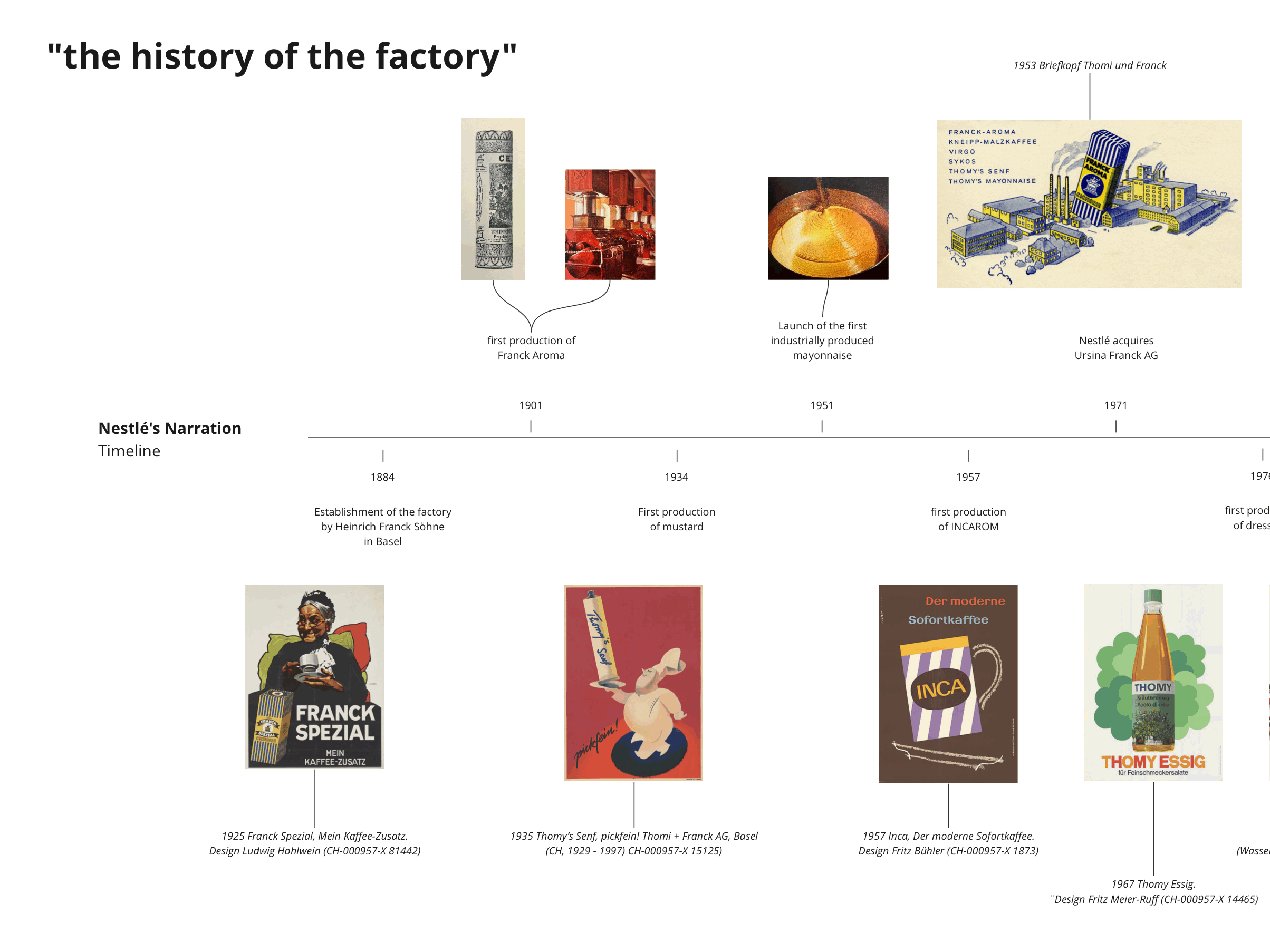
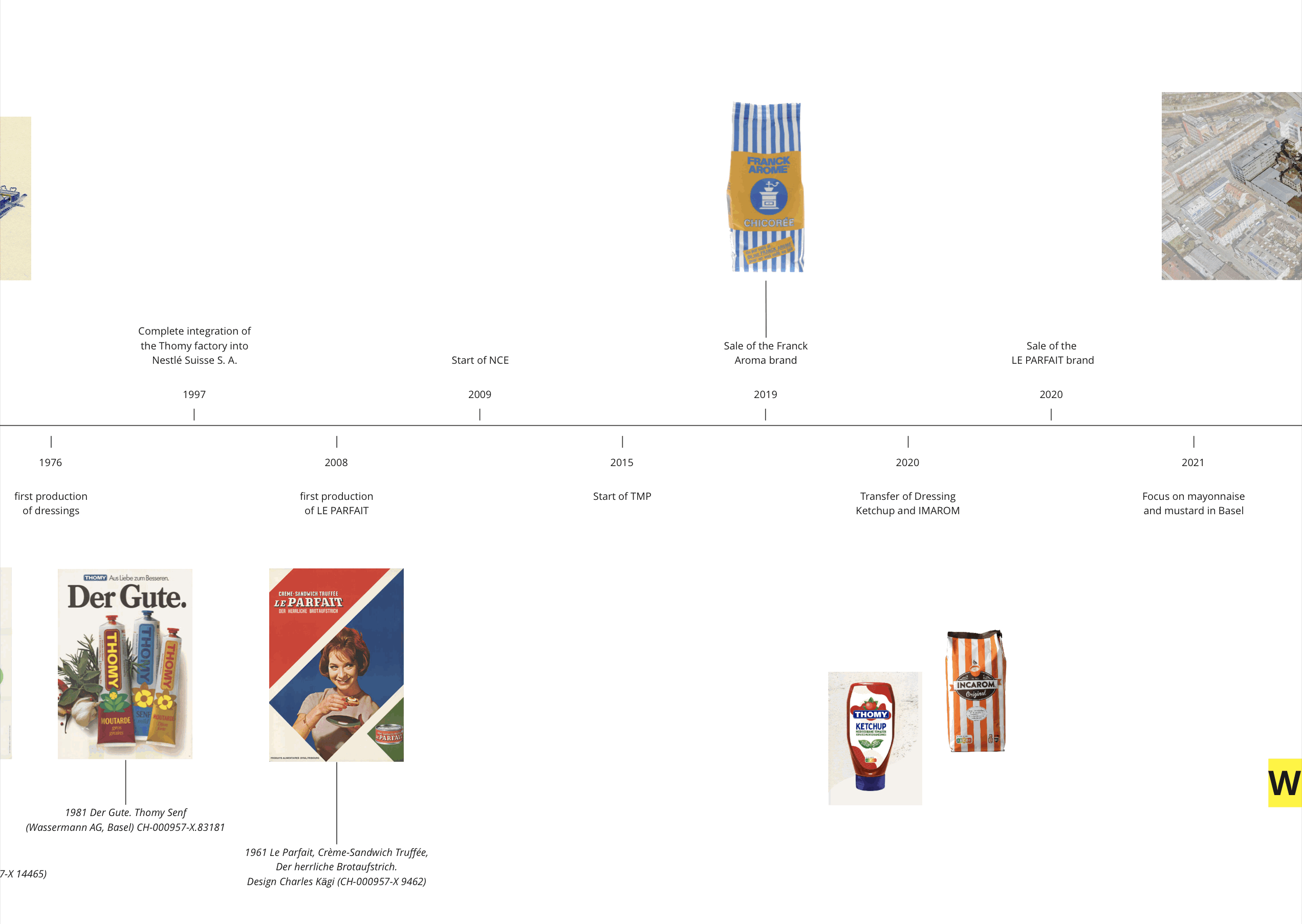


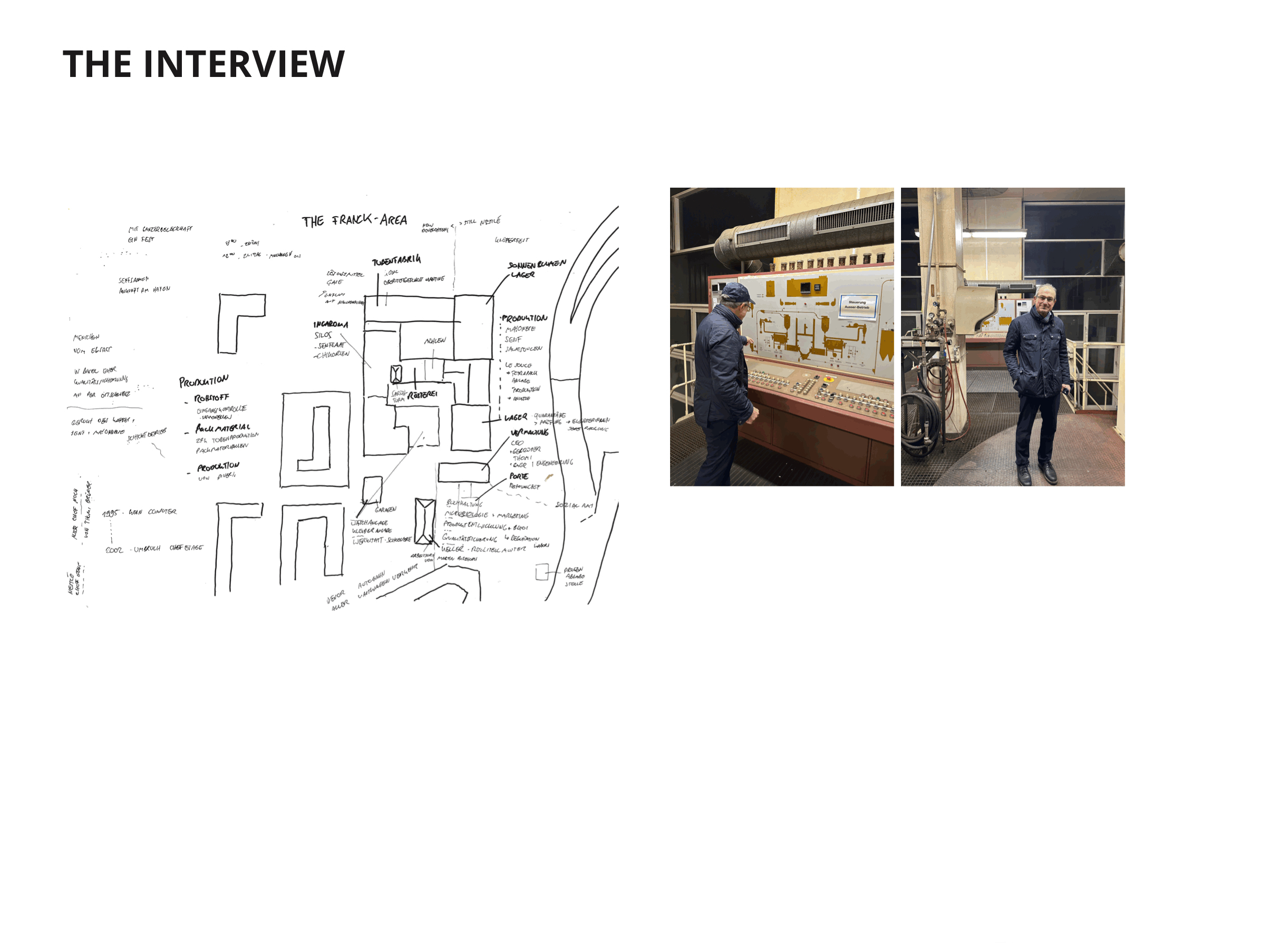


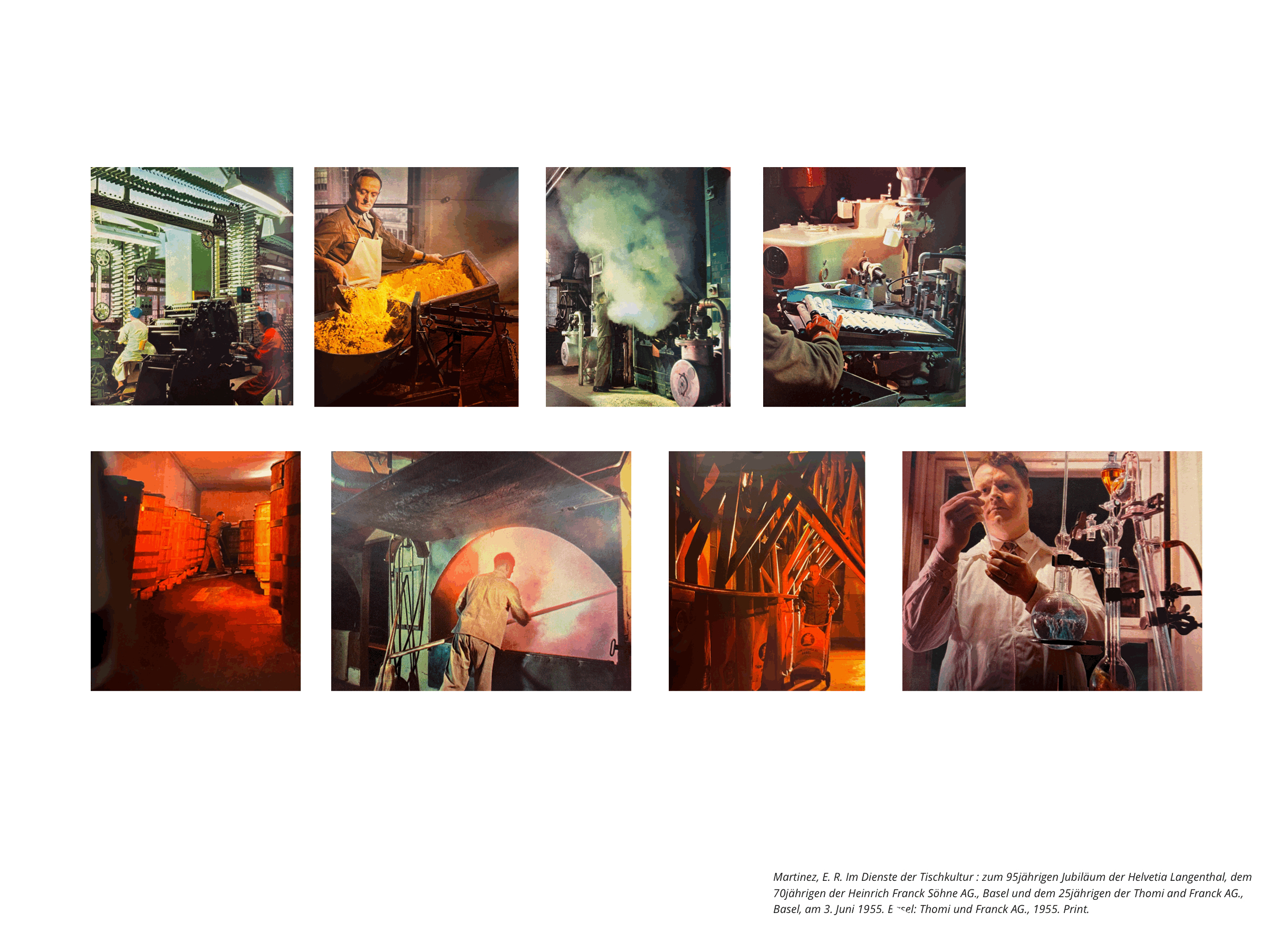
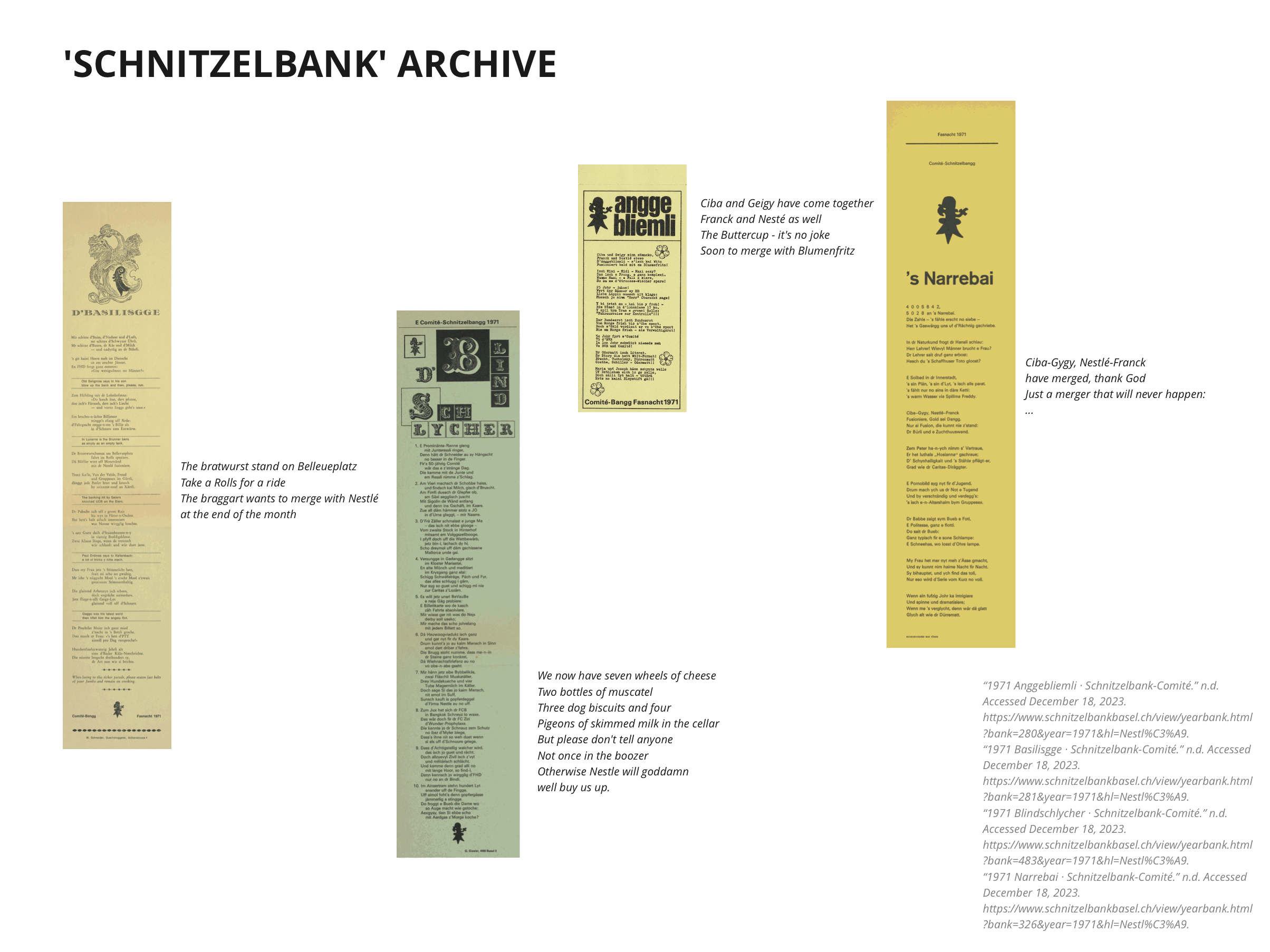

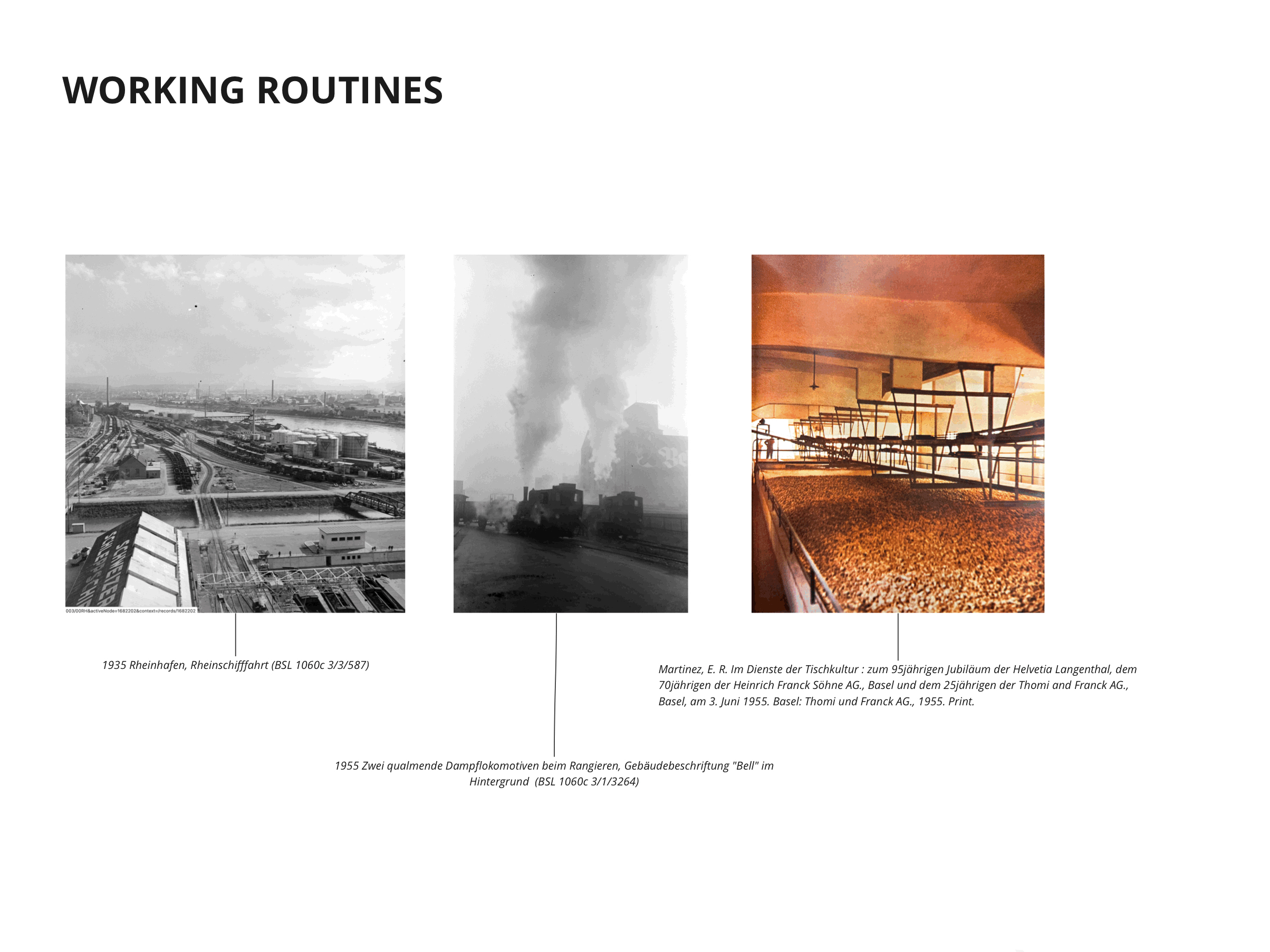
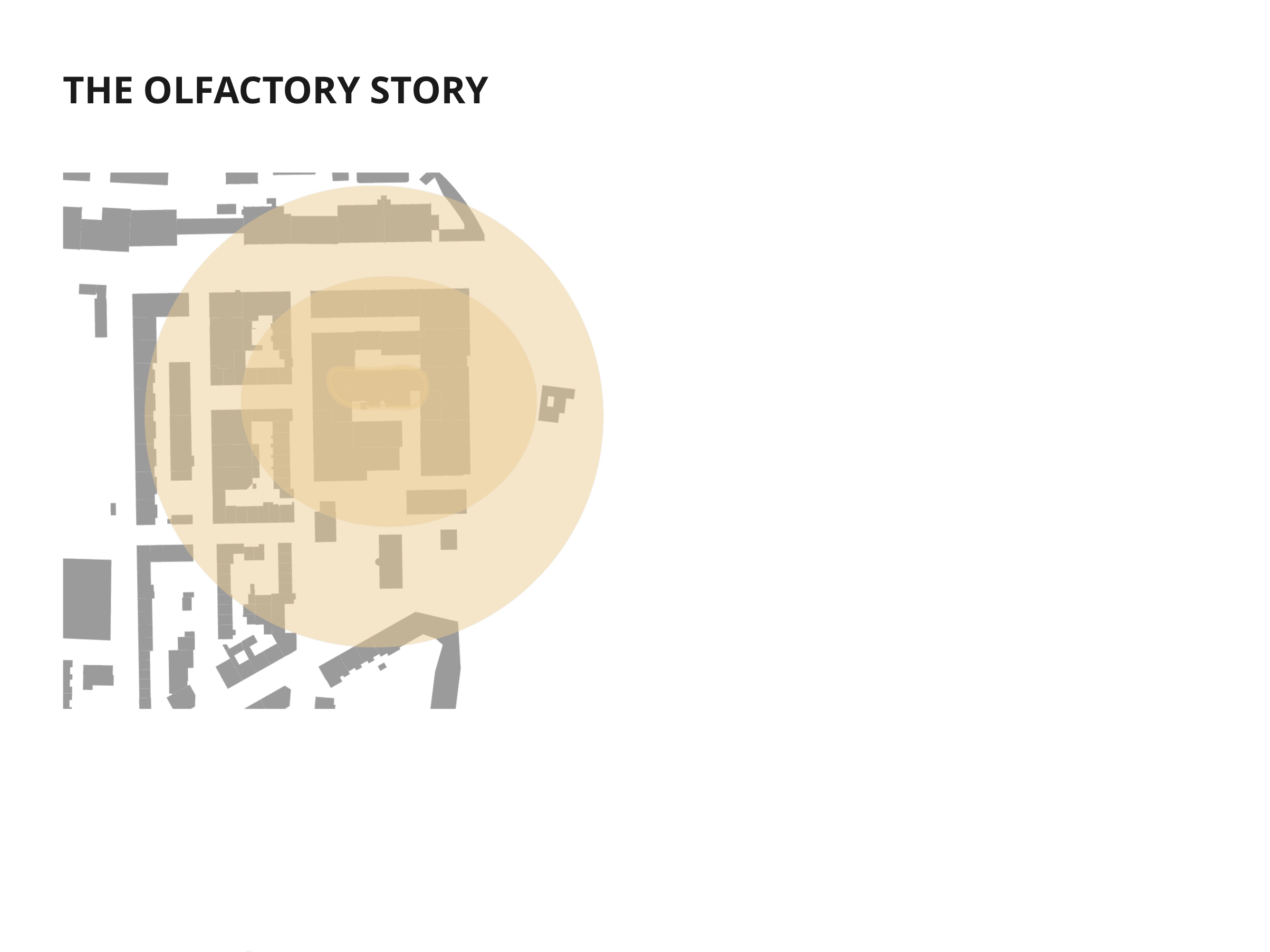



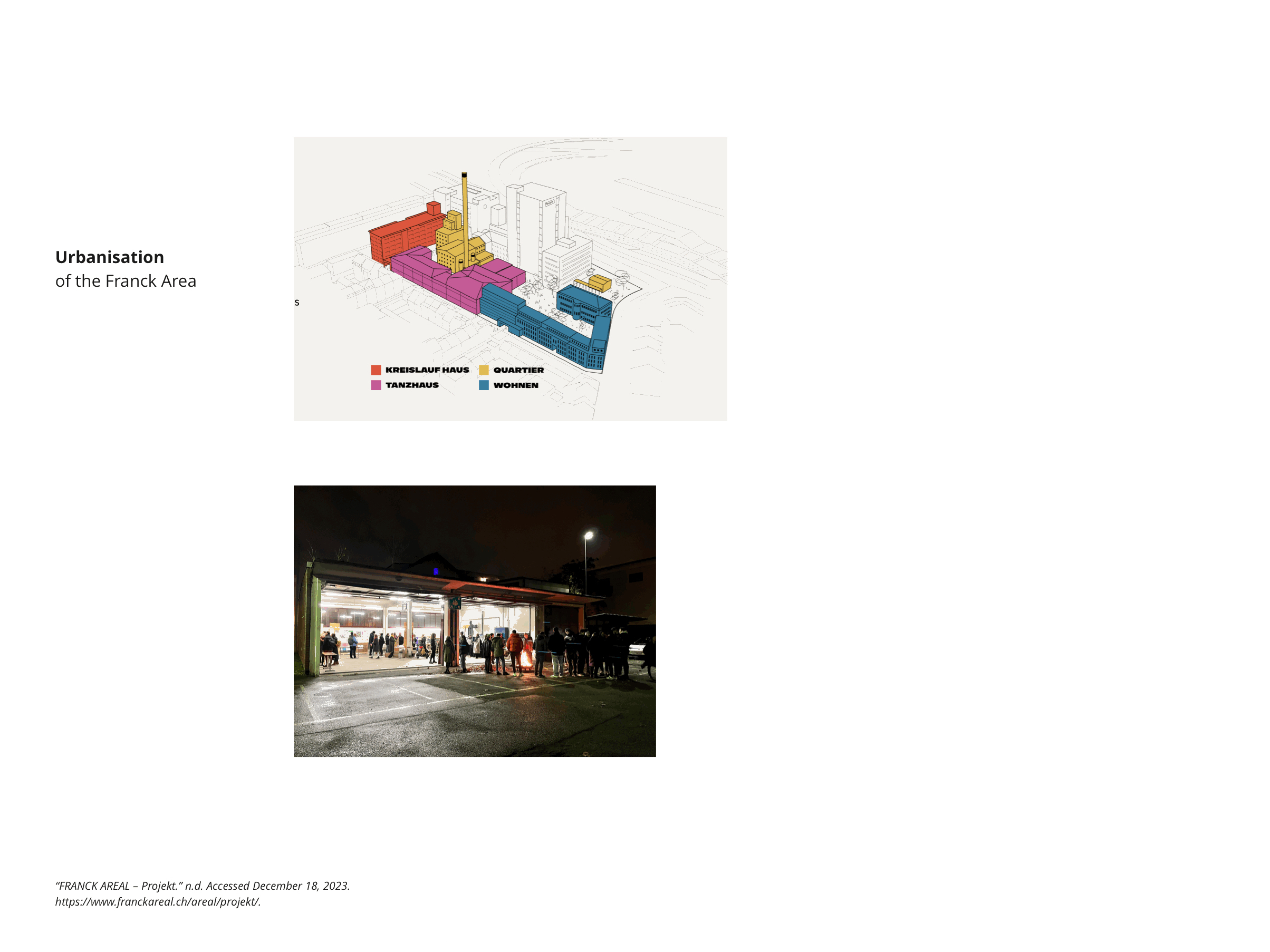

“My research on the Nestlé factory in Basel showed how interwoven its history is with the city. Founded in the 1930s by Thomy & Franck, the factory was located near Basel's chemical industry and the surrounding working-class neighborhoods. In the 1990s, Nestlé acquired the majority of shares and modernized the company. Non-food production jobs were outsourced and the number of products manufactured in Basel decreased steadily. In 2022, Nestlé sold two-thirds of the site to a non-profit organisation that aims to preserve the history and architecture of the site and contribute to the city. Lesser known are the working lives and everyday realities. The physical site tells the story of industrial production and decline, but like Nestlé's company history, it speaks less about the realities of its workers.” - Henning



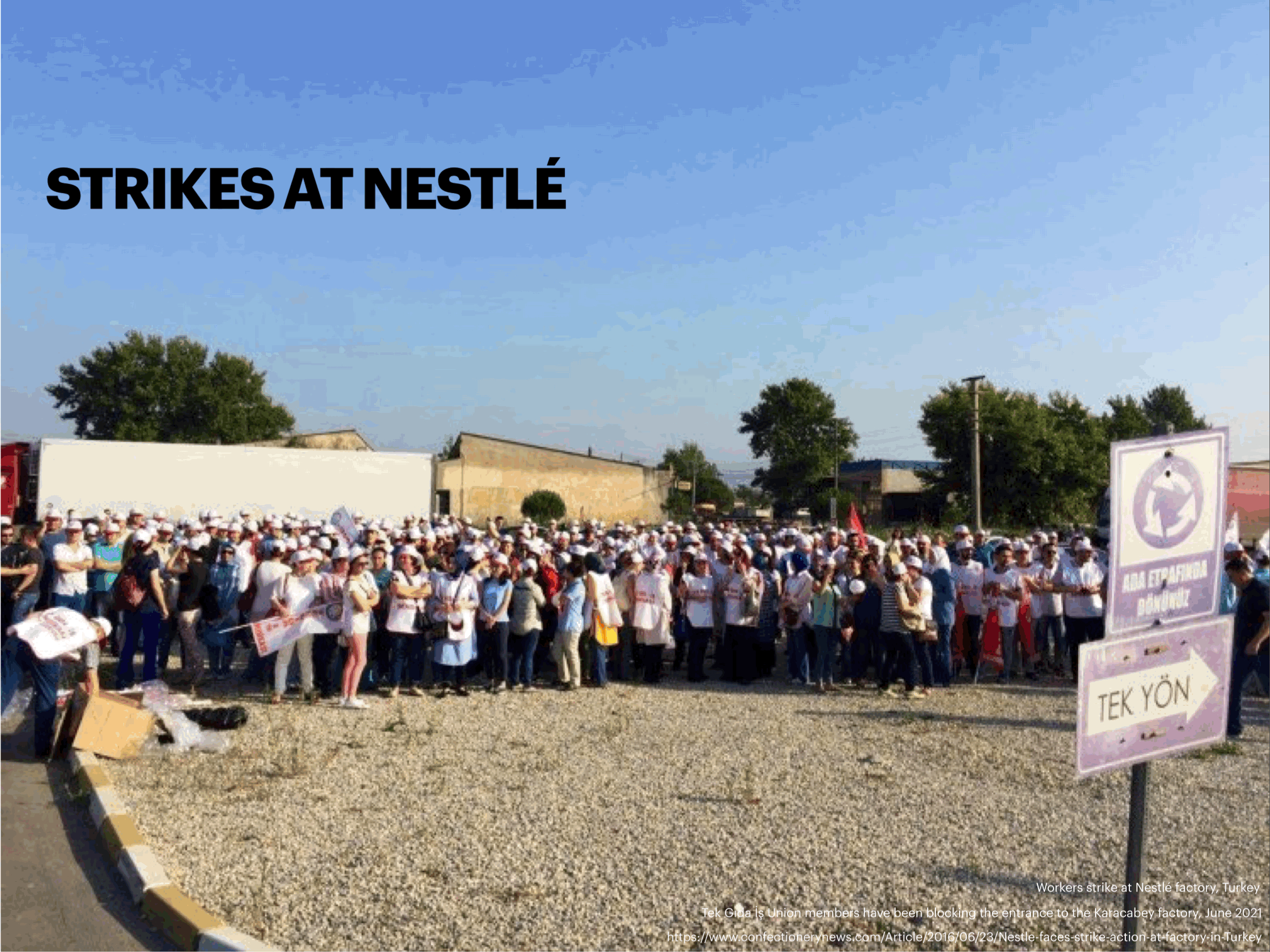
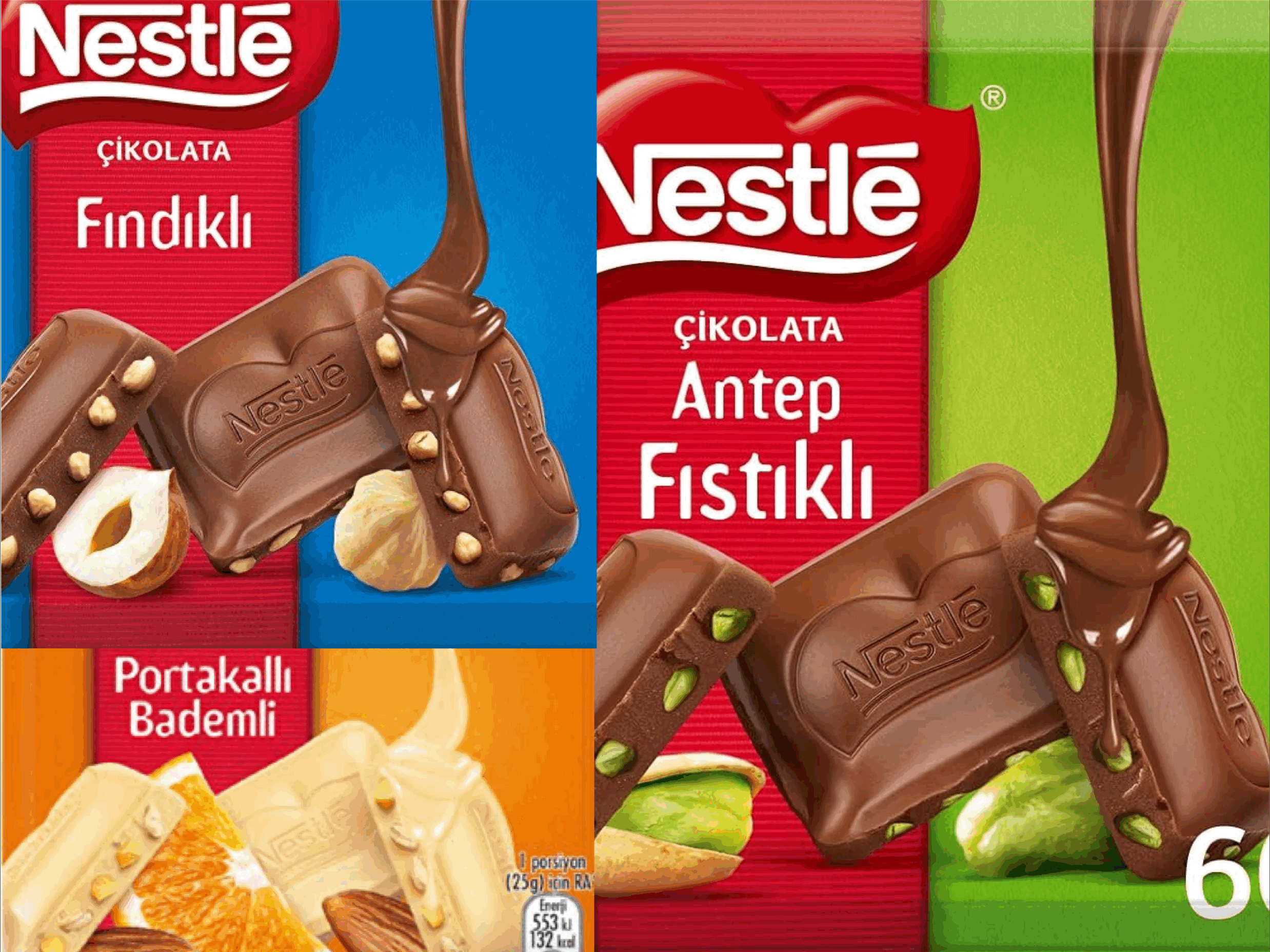


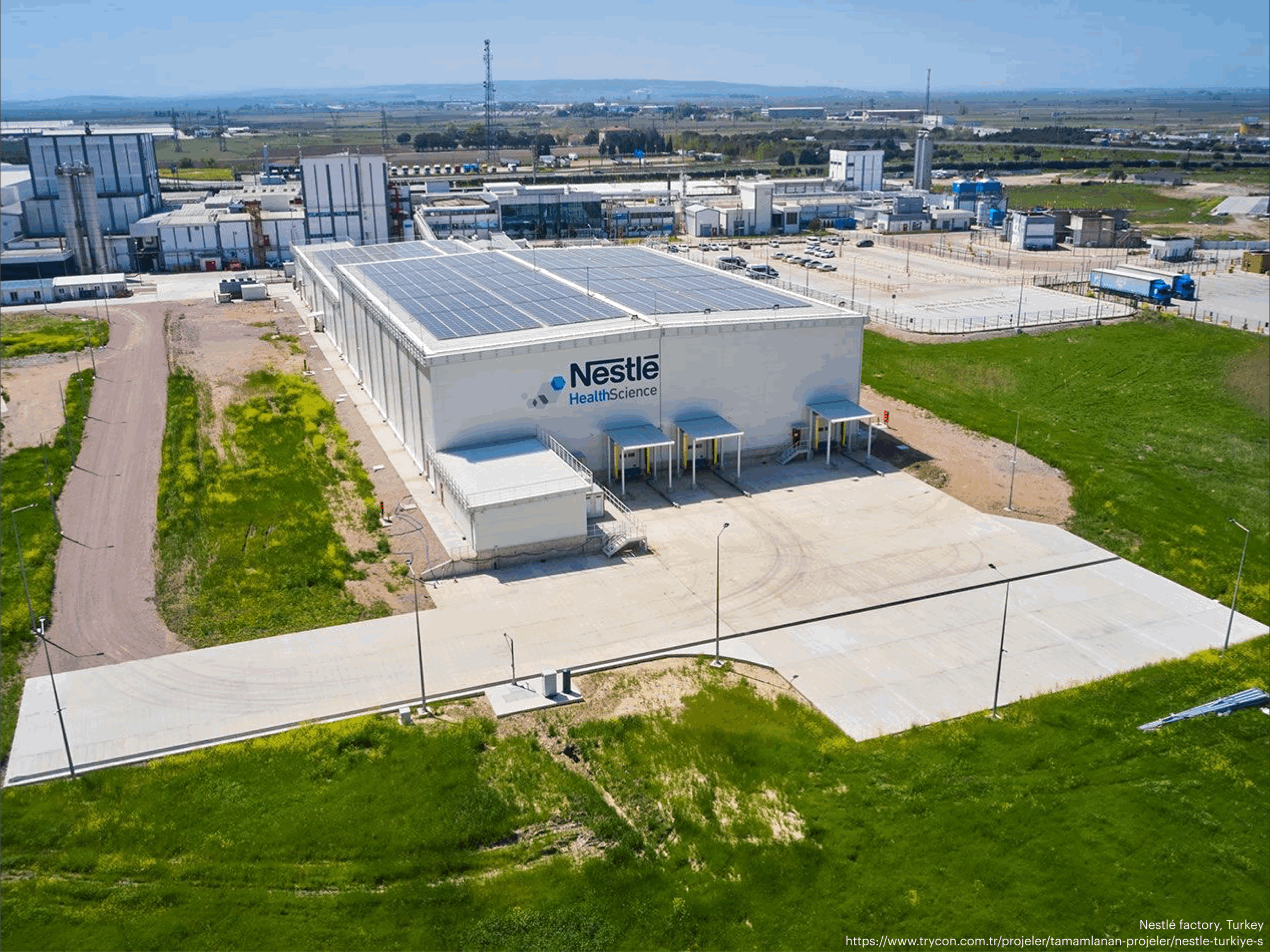

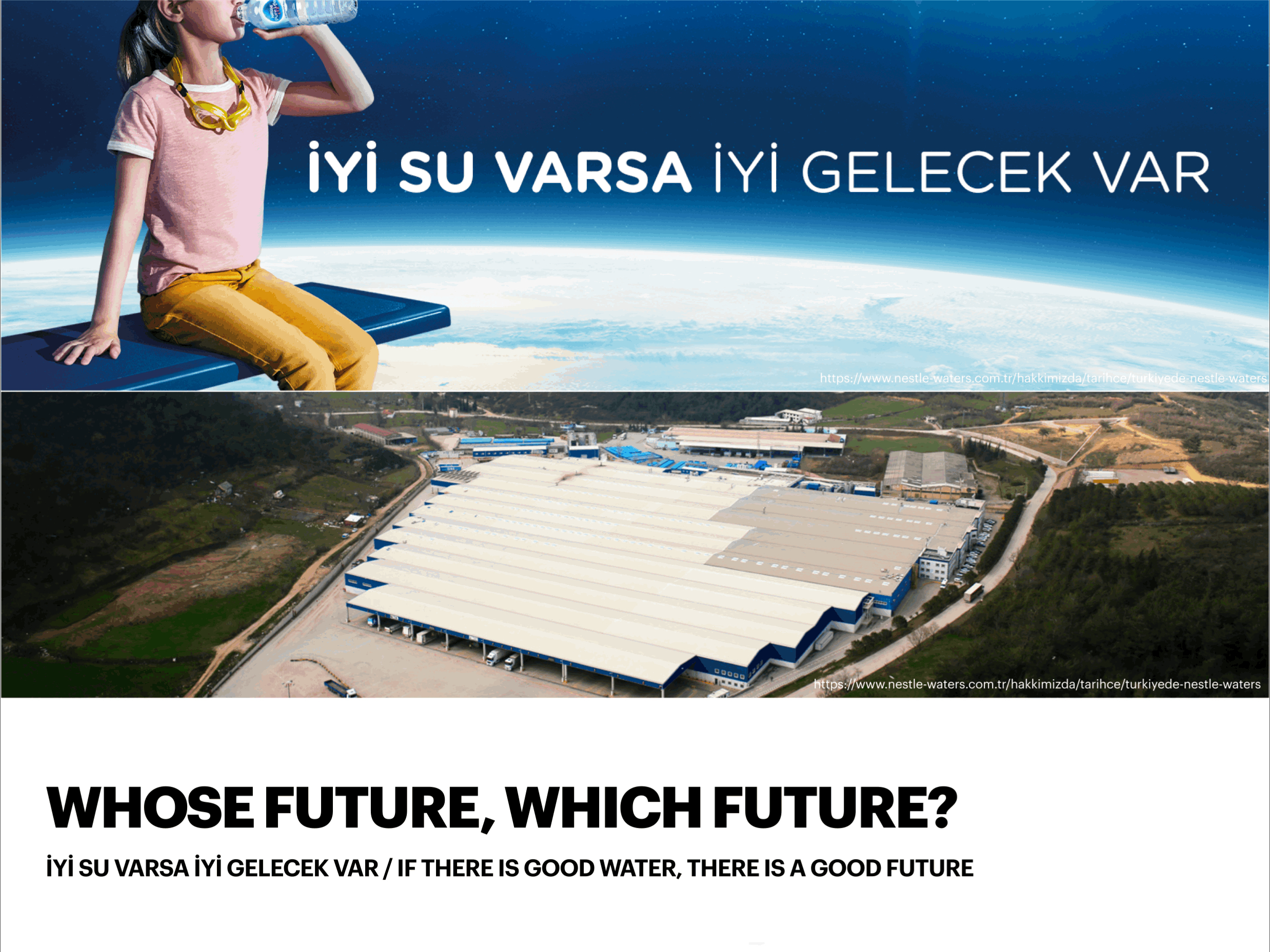

“Focusing on its five factories around Bursa, this project also explores the impact of Nestlé on uneven development in Turkey. Although Turkey has never been included in the European Union, it has played a major role in the development, growth, and enrichment of Europe. Operating today in Turkey with more than 800 products and nearly 50 brands in 10 different categories, Nestlé continues its production and export activities in its five factories. I was born in Istanbul. During my childhood and all the time I spent in Turkey, Nestlé was always with us; we admired this Swiss chocolate. However, somewhere in my mind, there was always a doubt, discomfort, and insecurity about not knowing exactly where Nestlé belonged. The ever-expanding activities of this Swiss brand in Turkey made Vevey rich.” — Engin
“When I was doing my research about Nestlé in Israel/Palestine, there were not many accessible platforms to find useful archives; all the information was fragmentary, full of war episodes. There is a dearth of archives for Palestine. Their central archives were bombed sometime around the end of November 2023, leading to the loss of thousands of historical documents dating back more than 150 years. Now Palestinian history seems to have gone up in smoke. Therefore, as a witness to this ongoing tragedy, I decided to pick up all the visual materials and make a video archive for them. ‘Archive of people’ is the common ground on which we were seeking to portray the stories of the workers.” — Zhen